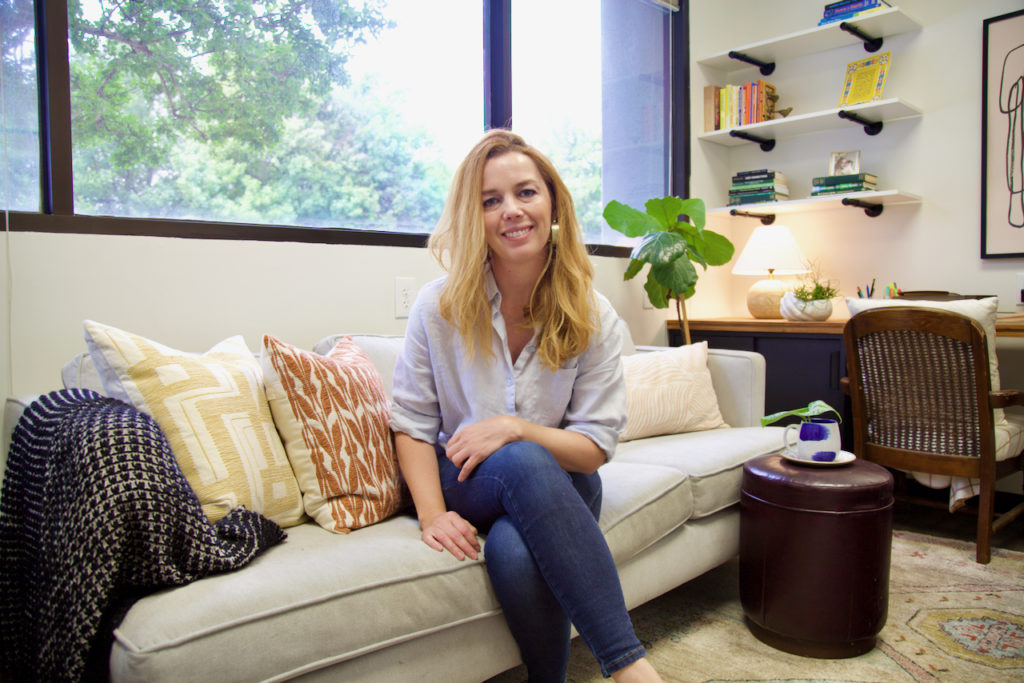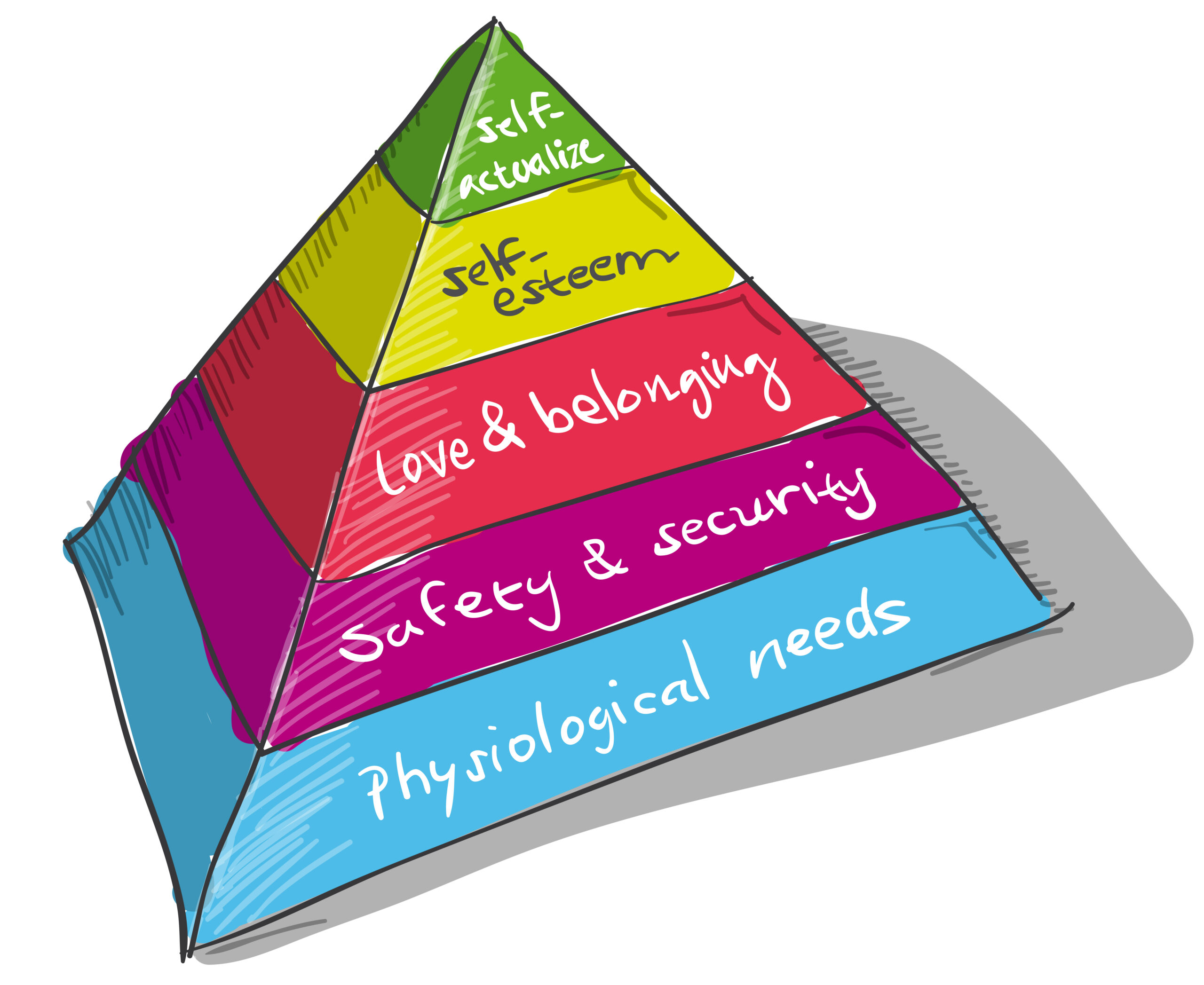how emotions help us
Emotions sometimes get a bad reputation.
Telling someone they’re being “emotional,” for instance, usually implies that they’ve lost control of their ability to express their feelings in an appropriate way.
And emotions do have a way of taking control sometimes. Sadness can turn into a depression casting everything in a negative light. Anger can turn into a rage where you say or do things you never intended.
But emotions themselves aren’t bad. They’re neutral. Everybody has emotions, and what matters most is what you choose to do with them. All emotions give us useful information about ourselves, our relationships, and the world around us. Sometimes emotions tell us things that aren’t exactly true, but even then, the information and energy they give us can be helpful.
Here are some examples:
- Anger – alerts us to injustice, fills us with energy we can use to stay safe or accomplish tasks, shows us when a boundary is being crossed, gives us courage to advocate for ourselves and others.
- Sadness – shows us what we value and love, alerts us to when we’ve lost something important, tells us what we need to seek out that we’re currently lacking, helps others know when we need support.
- Fear – alerts us to immediate danger, fills us with energy we can use to get to safety, shows us what we may need to change or avoid staying safe, warns us of toxic environments.
- Anxiety – alerts us to a possible future threat, helps us prepare for or prevent danger, fills us with energy to accomplish tasks, keeps us aware of the environment so we can react quickly if needed.
- Guilt – lets us know when we’ve gone against our own values, tells us when we may need to make a repair in a relationship, shows us where we may need to grow and change.
- Happiness – refreshes us, helps us recharge so we have more energy to face things later, fills us with energy to accomplish tasks and connect with others, helps us stay open to new possibilities.
Tuning into our emotions gives us more control, because it gives us the option of choosing to use the information productively. For example, when you take time to notice that you feel angry instead of stuffing it down or immediately exploding, you may come to realize the message it’s giving you is that a boundary has been crossed. After taking time to cool down, you can then use all the adrenaline anger gave you as courage to calmly and assertively set a boundary where needed.
Our emotions don’t have to disrupt our ability to make beneficial decisions. Given some time and non-judgmental attention, they can aid us in better understanding ourselves and others.
























